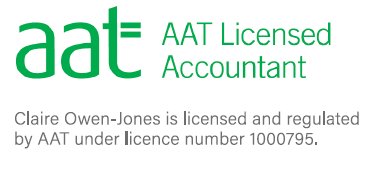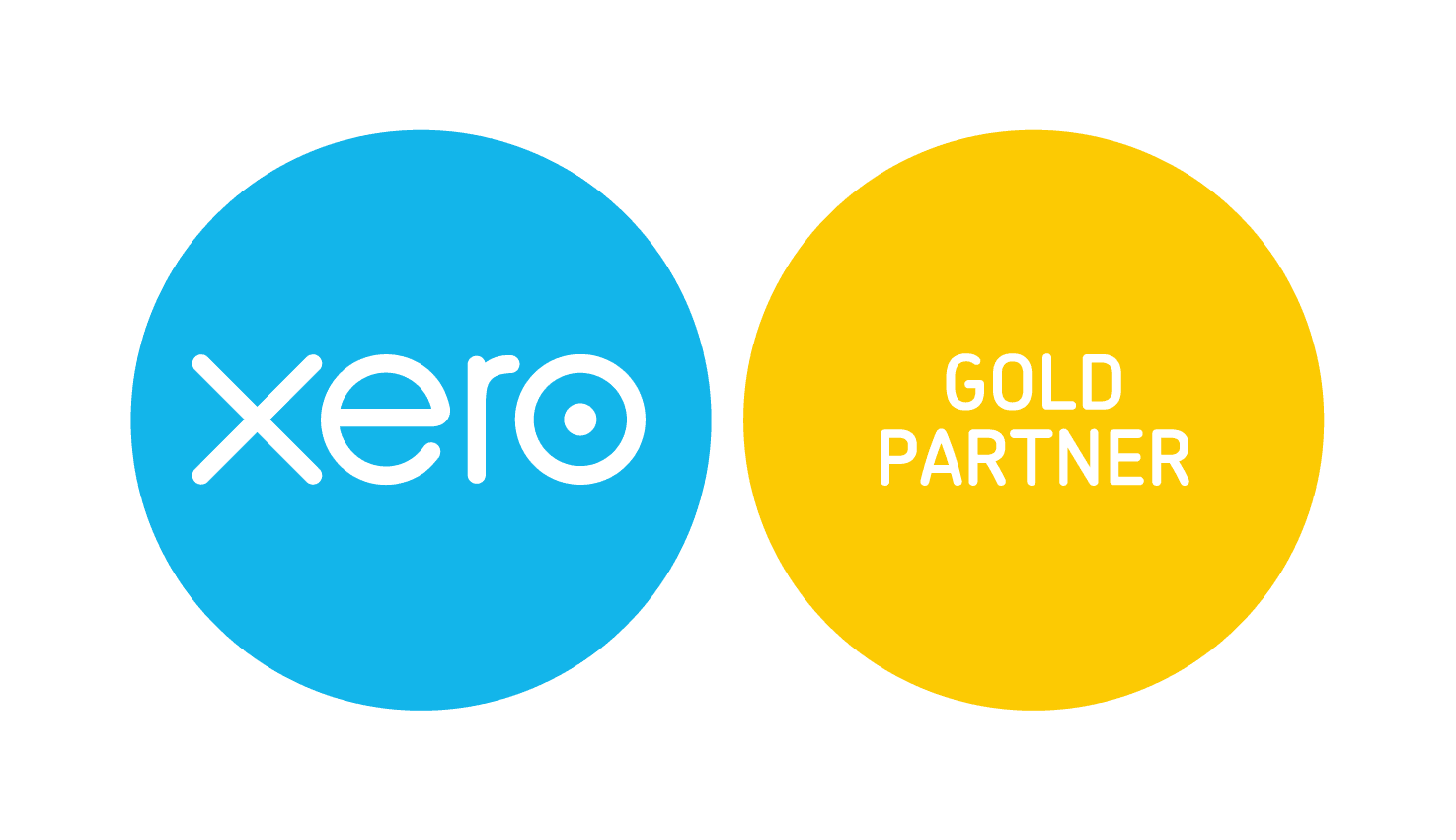Podcast transcription with introduction removed
Separation of legal entity
So, what is the difference between being self-employed and trading through a limited company? The first thing we need to look at is the legal entity, which I promise is not as boring as I’ve just made it sound. What it is, is just recognising that if you’re self-employed, so if you’re a sole trader, your business is you, and you are your business. There is no separation between the two. This means that your customers are dealing with you, it means that any profits that your business makes belongs to you, and it also means, there’s a flipside to that, any debts that your business has also belongs to you, so any loans, unpaid credit cards, outstanding tax liabilities, supplier invoices, all of those things belong to you.
Now, if you trade through a limited company, what happened when you set up the limited company, so when it was incorporated, you created a separate legal entity to yourself. Just imagine that you’ve now got this large funnel that’s above your head. Everything that your business does has to pass through that funnel before it reaches you, so your customers are no longer working directly with you, they’re working with your company. The profits that your business makes again no longer belongs to you, the profits belong to the company, and providing everything’s been set up correctly, any debts that your business has no longer belongs to you, it belongs to your company.
That’s that separation of legal liability that you often hear people talk about. If you’ve heard those horror stories of people losing their homes or their cars when their businesses go wrong, this is what they’re talking about, and provided everything’s been set up correctly, this is what having a limited company can save you from.
How the profits are taxed
The second thing is how are the profits taxed? Let’s just start with a very simplified example. Let’s say your business made 70 thousand pounds in profit, so we add up all of your income, we deduct all your expenses, you’ve got 70 thousand pounds left, and each month you have transferred two thousand pounds out of the business account into your personal account. Out of that 70 thousand, 24’s in your personal account and 46 is left in that business account. If you’re self-employed, when you complete your self-assessment tax return, you will need to enter 70 thousand pounds, and that is what you will be taxed upon. Because your business is you, you are your business, HMRC doesn’t care what you’ve actually paid yourself. That 24 thousand doesn’t come into it. Your business made 70 thousand, so you made 70 thousand. This means in this example, you’re now a higher rate tax payer, and it means if you’ve received things like child benefit, your income is now too high. You’re not eligible, so you would have to pay that back.
Now, if you’d been trading through a limited company, your company has made 70 thousand, so it will pay corporation tax on that amount. But you personally have only paid yourself 24, so when you complete your self-assessment tax return, you will be entering 24 thousand, and this is where the tax savings come from being a limited company. It’s not actually in the tax rates. If you were to add up the corporation tax, dividend tax and compare it to the personal tax rates and national insurance, it’s probably only one or two per cent different. The tax savings come in the money you leave in the company, so in this instance, it’s the 46 thousand that you’ve left in the bank account that’s saved you tax.
Now, I don’t believe that you should ever make a decision based purely upon tax, so let’s take the same figures, and we’ll just look at a different scenario. So, let’s say you’re now going for a mortgage. If you’re self-employed, you’ve made 70 thousand. Obviously, we know really, you’ve only paid yourself 24, but you’ve made 70 thousand, that’s what you’ve declared to HMRC, that’s what you’ve paid your tax on. That will be the income that you’re able to give to your mortgage provider. If you’d been trading through a limited company, you’ve only made 24 thousand. The mortgage isn’t interested in what your company’s made, they’re going to look at you personally.
So, even though in both scenarios, both businesses have made the same profit, you personally are going to get a far lower mortgage offer if you’ve been trading through a limited company.
Other taxes (PAYE and VAT)
The third thing I want to mention very quickly are other taxes. There are a few accountancy myths that go around, so I just wanted to say that if you were self-employed, you can still register as an employer, you can take on employees, you don’t need to start trading through a limited company in order to do that. And the second thing is VAT. Now, the VAT threshold is exactly the same and applies equally regardless of whether you’re self-employed or trading through a limited company. Sometimes people think that you need to VAT register immediately if you trade through a limited company and other people sadly believe that they can ignore VAT altogether if they’re self-employed. That’s not the case.
That’s my quick run through of what’s the difference between being self-employed and the limited company. The main thing is the legal entity and how those profits are taxed and distributed to yourself. Other taxes remain pretty much the same.







